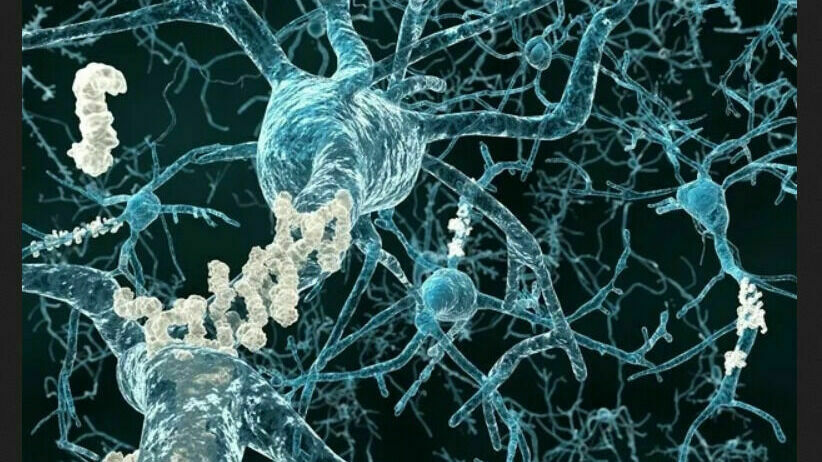Posted 28 декабря 2022, 11:49
Published 28 декабря 2022, 11:49
Modified 28 декабря 2022, 12:37
Updated 28 декабря 2022, 12:37

A blood test has been developed to detect Alzheimer's disease
An international group of researchers has developed a blood test to diagnose Alzheimer's disease, according to Medicalexpress. The analysis will help to do without expensive brain imaging and painful lumbar puncture, in which a sample of cerebrospinal fluid (CSF) is taken from the lower back. If the blood test is positive, it will help to start treatment at an early stage of the disease.
Alzheimer's disease is the most common form of dementia, but its diagnosis is difficult, especially in the early stages. The presence of the disease is determined by three markers: abnormal accumulations of amyloid and tau proteins, as well as neurodegeneration – progressive loss of neuronal cells in certain areas of the brain. For diagnosis, patients have to undergo two studies: brain imaging and cerebrospinal fluid analysis. The latter is painful, the second is expensive and not accessible to everyone. The appearance of a reliable blood test would be a salvation: simple, cheap, safe, it would help to select those who need further research and monitoring.
Existing blood tests can detect abnormalities in amyloid and tau proteins. The developers of the new analysis have created a technique to identify markers of damage to nerve cells specific to the brain. Antibody-based analysis can detect a form of tau protein specific to Alzheimer's disease.
600 patients at various stages of the disease were tested, and the results showed that protein levels correlate well with tau levels in the cerebrospinal fluid and help distinguish Alzheimer's disease from other neurodegenerative diseases. In addition, the protein levels in the analysis corresponded to the severity of amyloid plaques and tau tangles in the brain tissue of people who died from Alzheimer's disease.
At the next stage, scientists will conduct trials with a wide range of patients, including representatives of different racial and ethnic groups and those who suffer from memory loss and have other symptoms of dementia.
The study is published in the journal Brain.